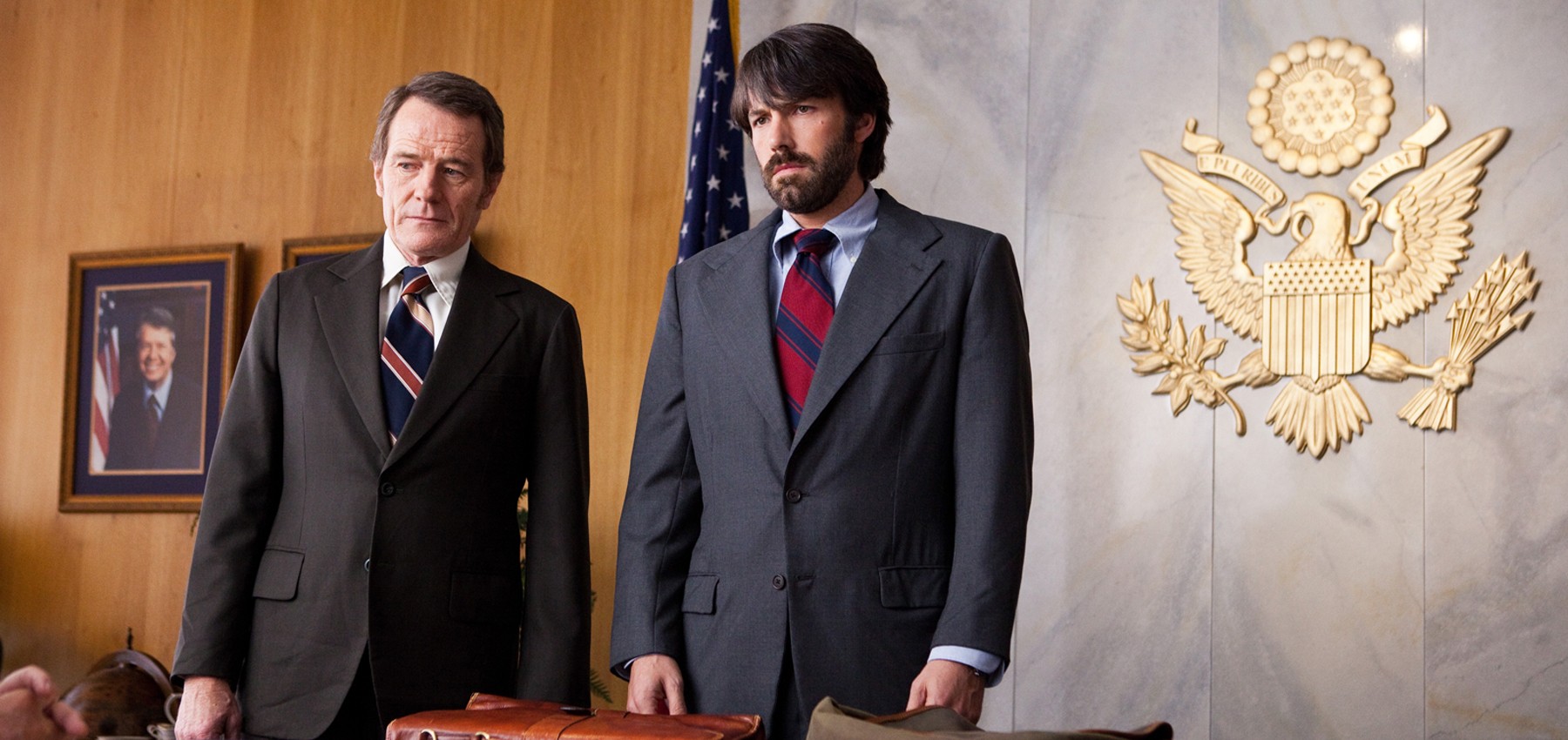What does it take to fool the Iranian Revolutionary Guard? If Argo is to be believed, the answer lies in a little Hollywood magic. Director and star Ben Affleck excavates the human story that so often gets buried beneath the rubble of political turmoil. The result is a tightly-wound, deftly-scripted film that is less of a history textbook than a how-to guide on building cinematic suspense.
In 1979, Iranian students, aflame with revolutionary fervour, overran the American Embassy in Tehran, taking more than 60 American diplomats hostage. Before the Islamic Republic of Iran had even taken its baby steps, it picked a fight with an alpha dog of the international order. Unbeknownst to Iran, however, six Americans managed to escape, seeking refuge in the residence of the Canadian ambassador. The result is a tale almost too fantastical to believe. In the words of one CIA division head (played by Bryan Cranston), delivered in a deadly deadpan tone: “this is the best bad idea we have sir—by far.”
This idea involves CIA ‘exfiltration’ officer Tony Mendez (Affleck) sneaking into Iran to help the six Americans to pose as a Canadian film crew. They’re in Iran scouting locations for a film, ‘Argo: A Science Fantasy Adventure.’ Now they’d like to leave—please. What could go wrong?
Affleck’s last directorial effort was The Town (2010), and though it differs from Argo in key ways—the former an action-oriented heist film, the latter a slow-simmering political thriller—both are evidence that Affleck is a better director than actor. The Mendez that we see is no-nonsense, gets the job done, a man who sacrifices family for his work—in other words, the boring archetype that passes for antihero in the 21st century—and it doesn’t help that Affleck plays him with whatever is the opposite of charisma.
The true strength of the film lies in the cinematography, the editing, the script, and the interplay between the three. The skillful editing of historical reels, interspersed amongst filmed footage, endeavours to ground the film in historical reality. The selective use of the handheld camera makes its appearance, such as during the initial siege of the embassy, even more effective. Dialogue can be sharp and biting, and the screenplay’s adroit weaving of levity and tension, particularly in the hands of Cranston, is a pleasure to behold.
On to the politics. The script goes to great lengths to present the views of both ‘sides,’ but only during the moments that function as history lessons. The rest of the film is mostly stripped of this level-headedness. The fact that the ‘balanced view’ is seen during historical narrations, while the meat-and-bones of the film is replete with subtle (and not-so-subtle) bits of American triumphalism, reinforces a cognitive dissonance in the viewer. The result is an audience who can hold simultaneously a sympathy for the Iranian people and a self-righteousness for the Western endeavour, a contradiction reflected in the murmurs of the audience.
Nevertheless, Affleck’s focus clearly isn’t on the political. In fact, Argo is successful not despite, but because of this tactical decision. The taut, high-strung journey is fundamentally a tale of heroism, of human triumph through political machination. I cringe when thinking of how many high school teachers will be substituting a social studies class with this film in the years to come—but at least they’ll have good cinematic taste.
Argo opens in theatres Friday, Oct. 12.







